|
If you still need to join one of these groups or are making your own, please leave your name and book or group in the comments section of this post. The PD Book Clubs for 2014-2015 are formed! Discussion Groups meet monthly on the third Wednesday at the location of your group's choosing. At this first September meeting next week, please decide your book group's norms and create a reading and assignment schedule. Please have one member of your group post it here in the comments so members can refer back to it. So we have time for full staff discussions, please allow for time to create the presentation by April 1st. You can send me the link/links to it and I will post them here for the full staff if you are doing a flipped presentation. Take a look at this page get ideas of what your group might choose to do. Ideas included one pagers, videos, powerpoints and other slideshows, powtoons, etc. Other ideas are welcome. Related links: Our Summer Reading Book Information and Online Discussion Link The 2013-2014 Piedmont PD Book Club Presentations and Summaries 7 Habits of Highly Effective People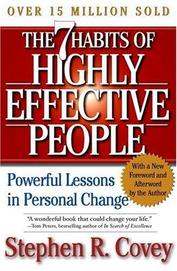 Fatzinger Adornato Palgut Peterson Czerwinski Clark A. Davis Egnot Kennedy Kollar George Thornburg A Diane Ratvich Book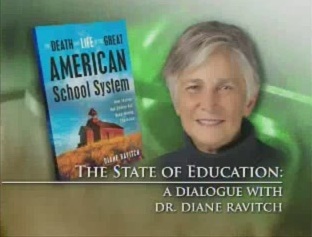 Suckstorff Winston Lamb Burick Kay Winegardner Gorman Macleod Newburger Bad Boys: Public Schools in the Making of Black MasculinityMcCarthy Lyttle Tornfelt C.Davis Carpenter Parkins Miller Benfield Beyond Gifted EducationWith Rigor For All Hanson Bailey Milligan Grossman Ashley Whiting Johnston Alexander-Brown Teaching with Love and LogicWhite Teachers/Diverse ClassroomsRigorous ReadingThe following books are available with multiple copies in our PD library, but do not have group members yet: How Children Succeed- Tough
0 Comments
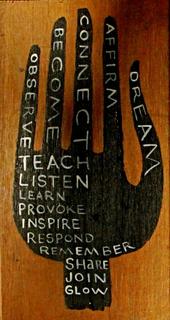 As students can easily learn anything at the click of a button these days, it becomes more and more important that a school function as a community of learners. Otherwise, it's just more efficient to stay home and stare at a screen. Culturally Responsive Teaching is especially important in an International Baccalaureate school and our focus on teaching culture is one benefit of attending her. However, not all schools are like this. Sometimes teachers are afraid to talk race. Sometimes teachers are blind to it. This may be convenient, but it is unwise. Although the idea of race is bogus, the cultural impact of it is not. Just recently students in a class that was discussing the racist element of imperialism waved their MAP score graph printouts at me and asked "Why are Asians smarter?" (This article was retweeted by an academic today. Caution: Language) Understanding race as a construct that shapes your classrooms and the lives of the students is one of the most iimportant things you can do to become more culturally responsive. However, you need to be prepared. This article is the most useful one to me: The concept of Stages of Racial Identity Development is also useful for both teachers and students in understanding how viewpoints can differ as part of normal development based on racial identity. More on that idea here More Useful Resources on Teaching Race: For Students: Understanding Race For the Teacher: Talking about Race: Learning about Racism The Application of Racial Identity Theory in the Classroom (PDF) More on Dr. Beverly Tatum: http://www.pbs.org/race/000_About/002_04-background-03-04.htm http://www.colormagazineusa.com/index.php?option=com_content&view=article&id=421:dr-beverly-daniel-tatum-on-race-and-education&catid=53:feature |
AuthorThis blog is a compendium of District and Piedmont -specific PD opportunities, trainings, and notes. Archives
November 2019
Categories
All
|
Photos from docoverachiever, memebinge, Ivy Dawned, www.ilkkajukarainen.fi, Muffet, Diana Boucino, Stephane .Jaspert, sanazmy97, kevin dooley, Mike Licht, NotionsCapital.com, studiohzwei, The Daring Librarian, bobbi vie, madnzany, lisibo, Tjeerd, Nicola since 1972, Brett Jordan, ~Matt LightJam {Mattia Merlo}, denise carbonell, The Lex Talionis, Toolstotal, liverpoolhls, Ninara
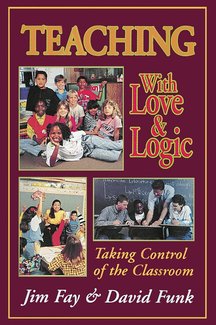

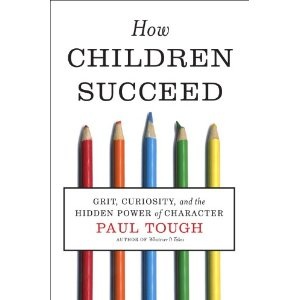
 RSS Feed
RSS Feed
